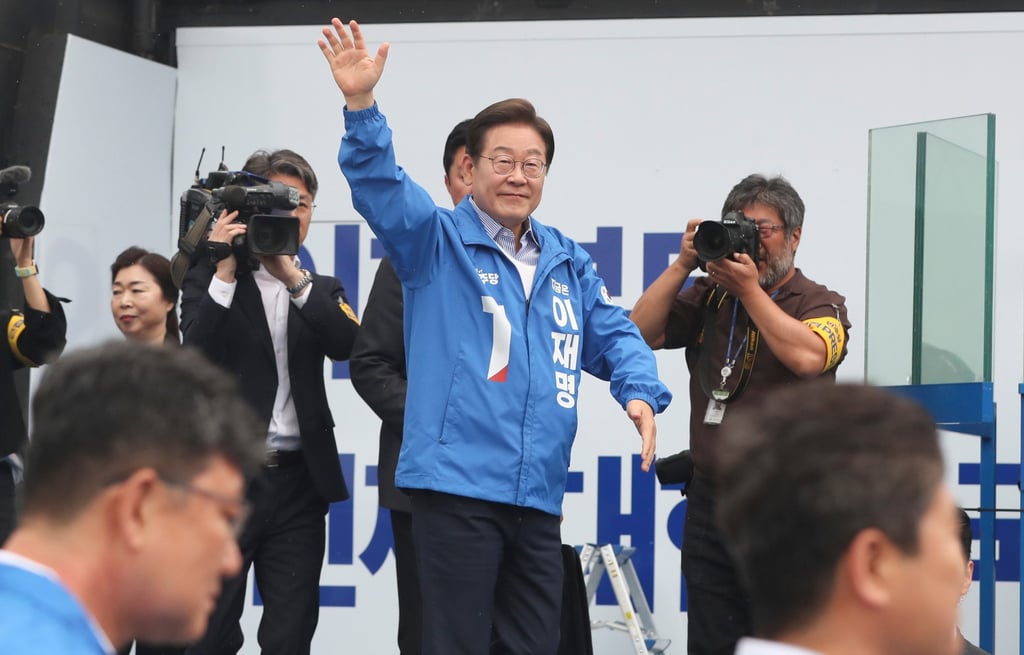South Koreans headed to the polls on Tuesday to elect a new president, seeking to restore stability after the nation’s gravest constitutional crisis in decades.
The vote, triggered by former president Yoon Suk-yeol’s impeachment and removal from office in April, is seen as a referendum not only on his failed power grab but also on the future direction of a democracy still reeling from months of political paralysis, mass protests and leadership vacuums.
Democratic Party nominee Lee Jae-myung, the former governor of Gyeonggi province, entered election day as the front runner, leading final polls over his conservative rival Kim Moon-soo of the ruling People Power Party (PPP). A third candidate, Lee Jun-seok of the newly formed Reform Party, has complicated the race by courting younger conservative voters, siphoning support away from Kim.
The new president will inherit a fragile economy battered by US tariffs, a divided electorate and an urgent need to restore international confidence.

“This would mean democracy being restored and the country returning to normalcy, closing a chapter marred by the failed martial law imposition,” Professor Jhee Byong-kuen, a political scientist at Chosun University, told This Week in Asia


